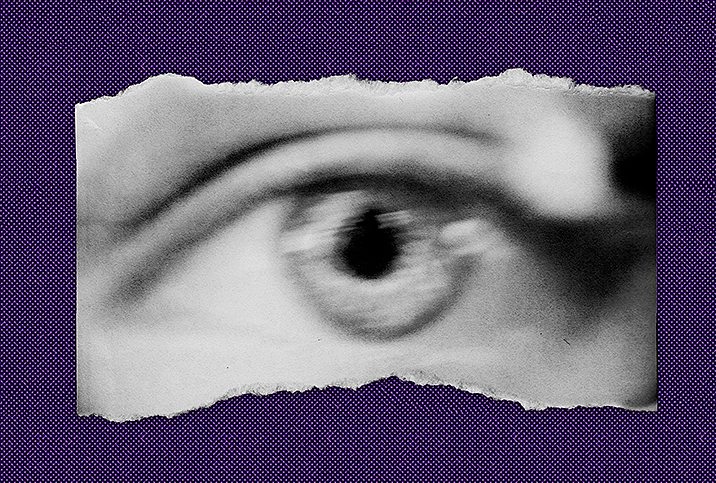How to Avoid Your PTSD Triggers

About 9 percent of the U.S. population will suffer from post-traumatic stress disorder (PTSD) at some point in their lives. Often, symptoms are prompted by environmental and situational "triggers." Such triggers can create an adrenaline response or flashbacks, which can cause elevated heart rate, anxiety and other mental and physical issues. Identifying these triggers can help you manage symptoms of PTSD and enable you to live a healthier, happier life.
Avoiding avoidance
Although counterintuitive, one of the most efficient ways to avoid possible triggers of PTSD is by reducing avoidance behavior. Avoidance is one of the most common symptoms of PTSD and is brought on by the belief that limiting exposure to all aspects of life can reduce flashbacks. However, this is a dangerous path that can worsen the symptoms of PTSD over time.
To combat avoidance, analyze your behavior over the course of a week and jot down the moments or objects responsible for causing you to avoid a scenario during the week, and rank each of them. Then, start at the bottom of the list and begin tackling these situations head-on. Ease into the process, and you should start to reduce your avoidance behavior.
Reduce drug and alcohol use
Use of drugs and alcohol as a form of self-medication is common among anyone facing emotional difficulty, including PTSD patients. Despite the numbness and temporary relief associated with these substances, prolonged use of drugs and alcohol only serves to escalate the symptoms of PTSD.
If possible, limit your intake of alcohol and drugs—or better yet, avoid them altogether. By doing so, you can avoid intensifying your symptoms and lessen the chance for trigger events in certain situations. As an alternative, many experts suggest exercising as a way to avoid PTSD triggers and the temptation of drugs and alcohol.
Talk with family, friends or a therapist
Identifying PTSD triggers doesn't come easily to most patients. Sometimes it requires an outside view to see what sets you off.
Friends and family are the most obvious choice to help you recognize and avoid the triggers of PTSD. While you may be oblivious to these triggers, your loved ones' third-party view can provide insight into the sensory perceptions or scenarios that may cause your PTSD symptoms. A frank discussion is perhaps the best way to broach the subject, so long as openness and honesty are two stipulations of the conversation.
For PTSD patients who don't want to make their symptoms public, speaking with a therapist is another option. In particular, talk therapy has been proven to help PTSD sufferers identify their triggers by discussing them in an open forum. Observation by a therapist is also effective at helping you avoid triggers that you can't see for yourself.
Situational avoidance
In many PTSD patients, situational avoidance can help avert the triggers associated with PTSD. This doesn't mean to practice antisocial behavior, but rather to understand situations that may bring on flashbacks, fear, anxiety or depression.
Sensory triggers are typical for PTSD sufferers, especially those who have the disorder as a result of combat. The smell of smoke, loud noises and certain settings can all trigger PTSD. In cases like these, it might be best to avoid events or places where these triggers are common.
Anniversaries are another type of PTSD trigger, but these are difficult to overcome because you can't avoid them. As days go by, you may feel stress about the upcoming date of a traumatic event, but by readying yourself mentally and emotionally, you can put yourself in a situation to help you overcome the trigger. Furthermore, surrounding yourself with loved ones on these dates is especially effective at reducing the incidence of PTSD symptoms.
Support can help you overcome PTSD
Not all triggers or situations are avoidable. You may run into instances where the symptoms of PTSD can overwhelm you, and you're not sure where to turn. If you ever feel isolated or that you're lacking a support system, help is a call away.
Contact the National Suicide Prevention Hotline at 1-800-273-8255 or the Substance Abuse and Mental Health Services Administration at 1-800-662-HELP(4357) in times of crisis. And don't be afraid to discuss the issue with loved ones. The support of others and these organizations can make a world of difference to help you manage your PTSD.


















